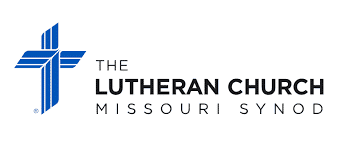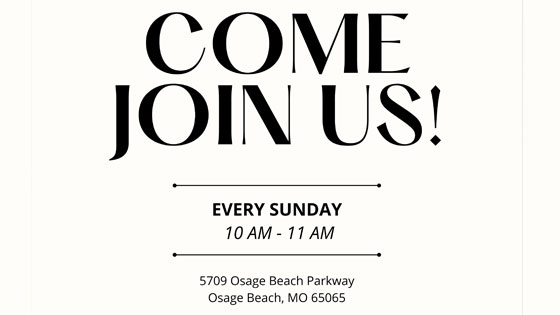#DailyDevotion Who Knows? The LORD May Bless You.
Joel 2 14Who knows – He may relent and leave behind Him a blessing – gifts of food and drink for the LORD your God? 15Blow the horn in Zion, order a holy fast, call a solemn meeting. 16Gather the people, sanctify the congregation, get the elders together, gather the little children, even those who are nursing.. 17Have the bridegroom leave his room, and the bride her chamber. Have the priests, the LORD’s servants,, weep between the porch and the altar. Have them say: “Spare Your people, LORD, and don’t let Your inheritance be disgraced and mocked among the nations. Why should any of the nations ask, ‘Where, is their God?”‘
Thomas Nass in his commentary makes a great observation here. While the LORD certainly forgives us our sins, He does not always hold back the temporal consequences of our sins. As an example is David and the Bathsheba affair. The LORD forgave David his sin, but the child born of that sin would die and lots of troubles would come upon his house. Hence we have this, “Who knows,” as a response to the people’s repentance—if they produced genuine repentance. So just because someone forgives you, that doesn’t relieve you of temporal punishments. You ought to pay back the money. You ought to be embarrassed as you go back and tell everyone the truth who you lied to. I may not lend you money again. You get the idea.
The next thing that throws some people for a loop is God relenting. There are actually two Hebrew words here, shuv and nacham. Shuv can be return and repent. Nacham is an inward movement which also has the meaning of repent. So the God doesn’t change crowd sometimes has a problem with this because they see a change in God here. But there is no change in God here. This is how God is. If you have a broken and contrite heart, if you turn from your sins and idols and turn to the LORD Jesus Christ, it is in His nature to be merciful, kind, gracious, loving and forgiving. If you sin, it is in His nature to discipline and execute judgment. The LORD was going to destroy Ninevah but they repented. The LORD then did not destroy Ninevah.
So what is the hope here? The LORD would relent of the coming disaster if the people repented and then He would restore agriculture so the people could properly worship again. After the locusts, the droughts, and the fire, there was nothing to worship with. Now in their repentance, they hope the LORD would restore things so they may now worship Him with true hearts and not hypocritically as they did before. So everyone here is called to observe a fast, the elders, children, infants, newlyweds, yes everyone is called to a solemn fast. The priests are given the words to say, “Spare Your people, LORD, and don’t let Your inheritance be disgraced and mocked among the nations. Why should any of the nations ask, ‘Where, is their God?”‘ They are appealing to the LORD’s own words and claim on His people. They are appealing to His name that He has placed on them. Of course, they trusted the LORD and obeyed Him, none of this would be necessary.
So we too are called to live lives of repentance. It’s not that we have to dour and sour all the time. We should be quick to recognize our sinful behaviors and thoughts and confess them out loud to our LORD. We should be quick to make amends where we have caused harm. We should go to hear the words of absolution and receive refreshment from the LORD’s hands in His Supper. Then, perhaps, we could lessen our temporal consequences or lessen the time spent suffering in them. Jesus is faithful. He has won forgiveness of our sins.
Merciful God and Father, give true and contrite hearts. Do not treat us as our sins deserve but have mercy upon us so we may thank and praise You. In Jesus’ name we pray. Amen.


